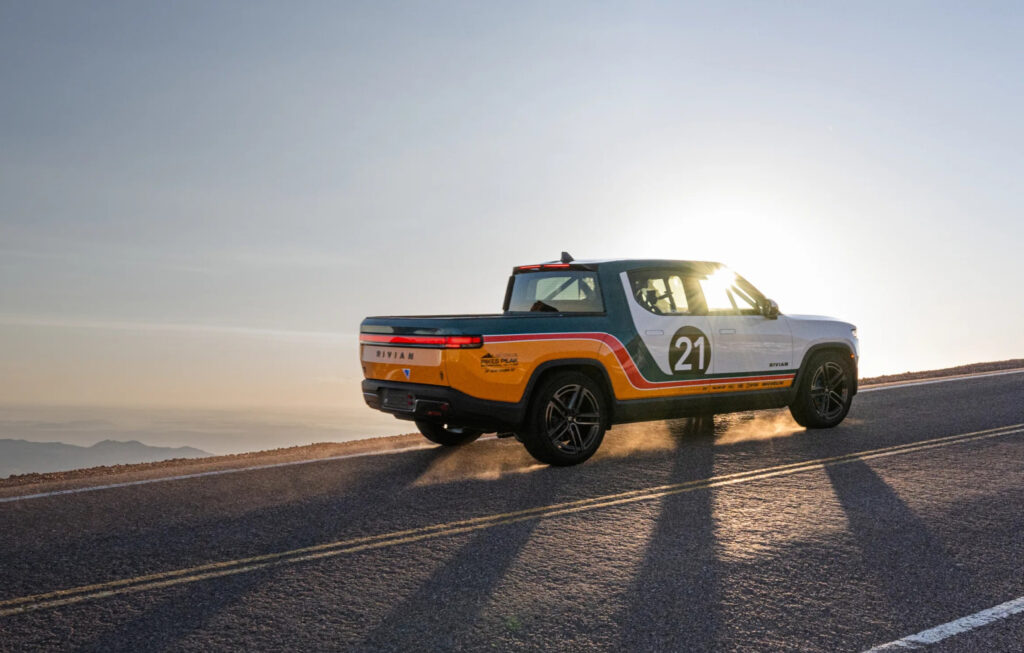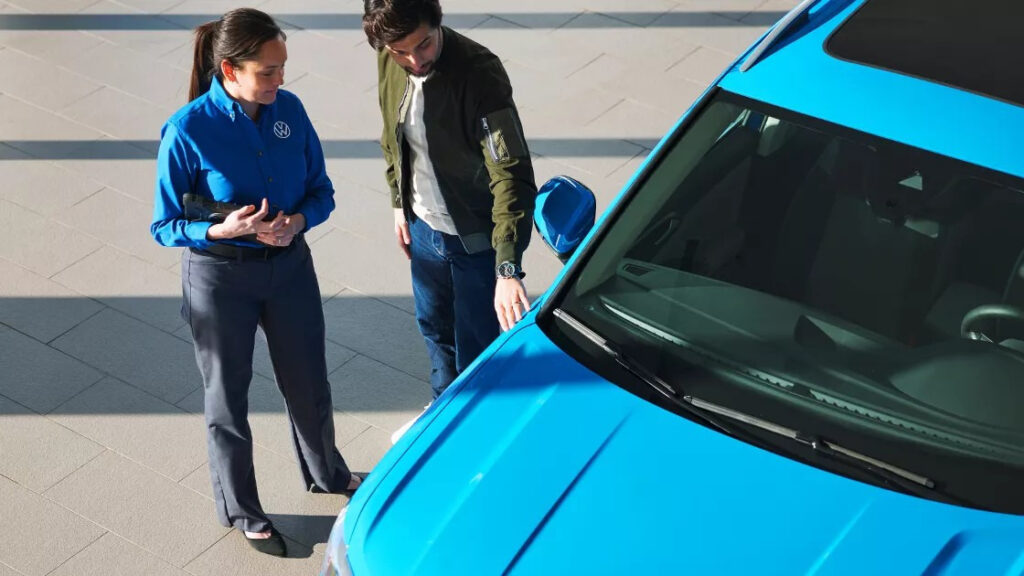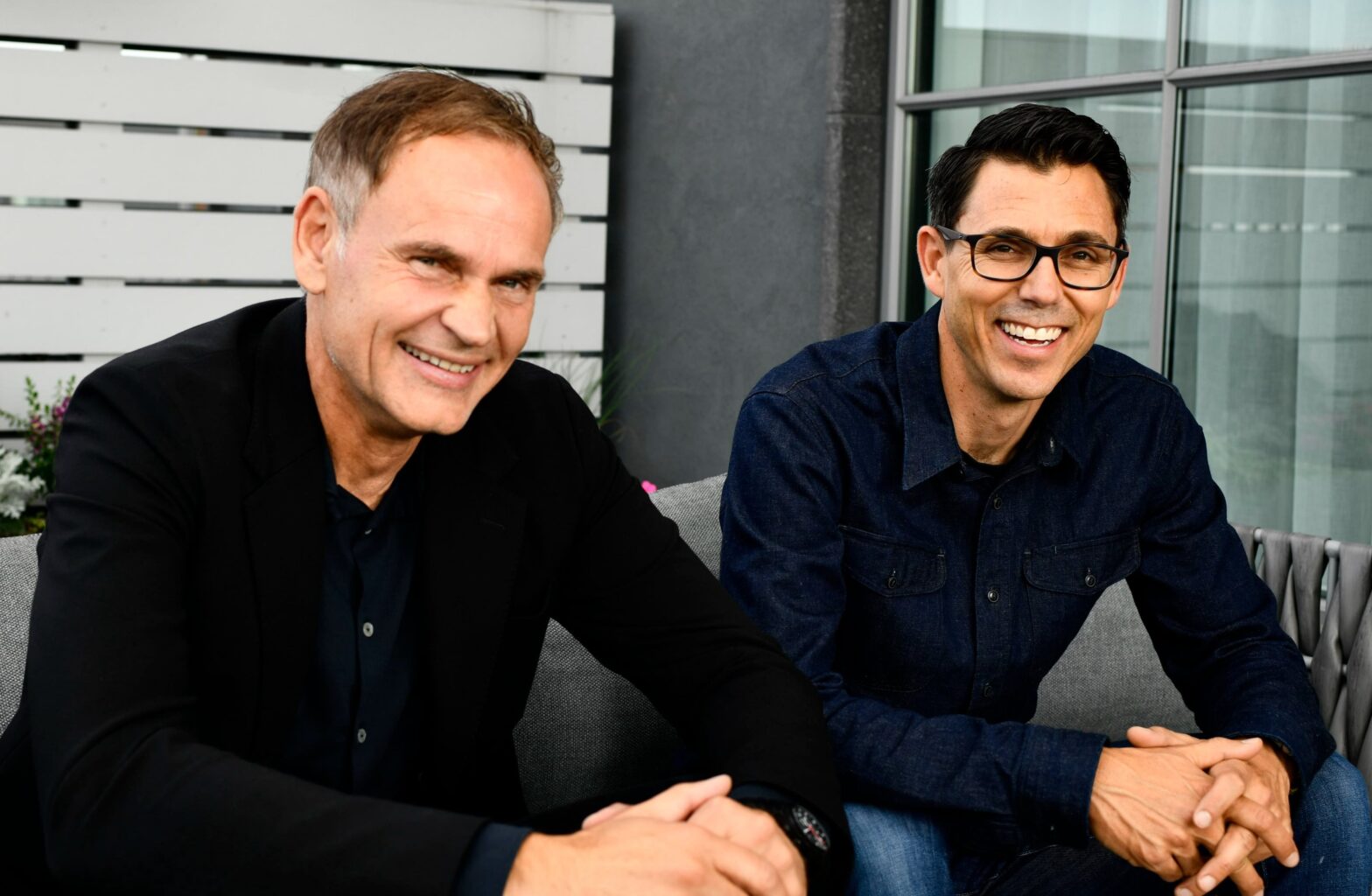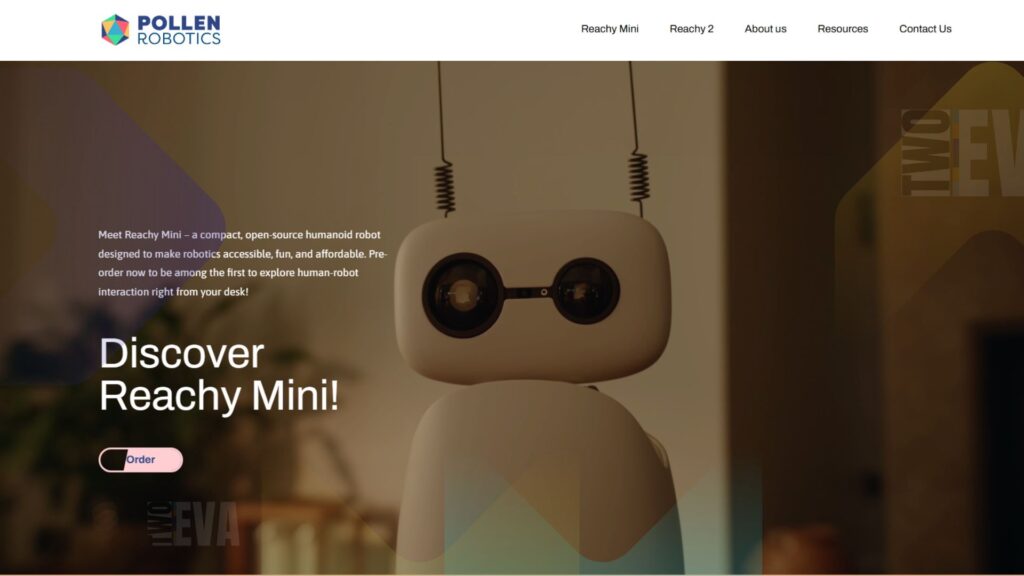In a surprising turn of events that caught the automotive industry off guard, Volkswagen (VW) has announced a substantial $5 billion investment in American electric vehicle (EV) startup Rivian. This unexpected alliance, revealed on Tuesday, marks a significant shift in the EV landscape and hints at the behind-the-scenes maneuvering that led to this groundbreaking partnership.
The Secretive Road to Collaboration
The journey to this landmark deal began with a clandestine meeting between Rivian CEO RJ Scaringe and Volkswagen CEO Oliver Blume at Porsche’s experience center in Atlanta. This private encounter, which took place in August 2023, set the stage for a series of covert operations that would ultimately reshape the future of both companies.
Scaringe told Reuters, “We just went deep, talking product and comparing notes on the things we like. There was immediate realization that we have some shared vehicle interests. Quickly that led to a serious conversation as to how can we look at working together.”
This is exciting! Volkswagen Group CEO Oliver Blume and I are thrilled to announce the formation of a joint venture between our two companies. This partnership brings Rivian’s software and zonal electronics platform to a broader market through Volkswagen Group’s global reach and… pic.twitter.com/11XVNUo89J
— RJ Scaringe (@RJScaringe) June 25, 2024
Cloaked Audis and Covert Testing
In a move that reads like a scene from a techno-thriller, camouflaged Audi vehicles were secretly shipped from Germany to Rivian’s facility in California earlier this year. At this location, a team of around 30 engineers embarked on an intense testing phase, stripping the German cars of their electronics and integrating Rivian’s cutting-edge systems.
The goal was clear: to determine whether Rivian’s advanced technology could be seamlessly incorporated into future Volkswagen EVs. This high-stakes experiment was conducted under a veil of secrecy, with both companies going to great lengths to prevent any leaks.
A Lifeline for Rivian, A Tech Boost for VW
For Rivian, known for its R1S SUVs and R1T pickups, this deal provides a crucial financial lifeline. The company has been grappling with a slowdown in EV demand and the challenges of bringing its more affordable R2 SUVs to market. The partnership with VW not only infuses much-needed capital but also potentially improves Rivian’s bargaining power with suppliers.
On the flip side, Volkswagen gains access to Rivian’s advanced EV technology, an area where traditional automakers have struggled to keep pace with industry disruptors like Tesla. This collaboration could help VW overcome the setbacks experienced by its software unit, Cariad, which has been plagued by delays and losses.

Cultural Fusion and Future Prospects
The success of this partnership hinges on the ability of these two vastly different corporate cultures to work in harmony. Volkswagen’s software chief, Wassym Bensaid, has emphasized the company’s commitment to embracing Rivian’s agility, setting “very clear rules and responsibilities” for the joint venture.

For Scaringe, a self-proclaimed Porsche enthusiast, the prospect of seeing Porsches on the road with Rivian technology is particularly exciting. “To be able to see a Porsche on the road that has our technology in them, I couldn’t be more excited,” he said.
Market Reactions and Industry Impact
The announcement of this partnership has already sent ripples through the automotive industry. Rivian’s shares jumped 23% on Wednesday, reflecting investor optimism about the deal. However, VW’s shares fell 2%, indicating some investor concerns about the high capital expenditure and potential cultural clashes.
This alliance could potentially reshape the competitive landscape of the EV market, putting pressure on other traditional automakers to seek similar partnerships or accelerate their own EV development programs.
| Metric | Volkswagen | Rivian |
|---|---|---|
| Market Capitalization | $64.8 billion | $18.2 billion |
| Annual Revenue (2023) | $318.2 billion | $4.4 billion |
| EV Sales (2023) | 771,000 units | 50,122 units |
| Profit/Loss (2023) | $16.7 billion profit | $5.4 billion loss |
| R&D Spending (2023) | $16.3 billion | $1.9 billion |
| Global Market Share (EVs) | 7.3% | 0.5% |
| Automaker | 2023 EV Sales | 2023 Market Share |
|---|---|---|
| Tesla | 1,200,000 | 58% |
| BYD | 800,000 | 15% |
| Volkswagen | 200,000 | 5% |
| Hyundai-Kia | 150,000 | 5% |
| Stellantis | 150,000 | 5% |
| BMW | 100,000 | 3% |
| Ford | 80,000 | 2% |
| GM | 70,000 | 2% |
| Others | 850,000 | 10% |
| Total | 3,600,000 | 100% |
Looking Ahead
As the automotive world watches closely, the success of this VW-Rivian partnership could set a new precedent for collaboration between established automakers and innovative EV startups. The road ahead is sure to be filled with challenges, but if successful, this alliance could redefine the future of electric mobility.
With the first tangible results of this partnership still on the horizon, industry experts and consumers alike will be eagerly anticipating the fruits of this $5 billion bet on the future of electric vehicles.

















